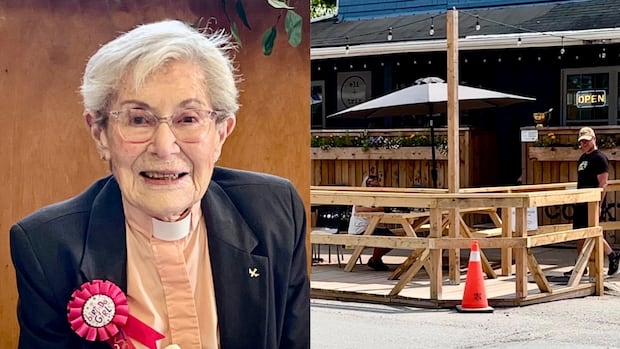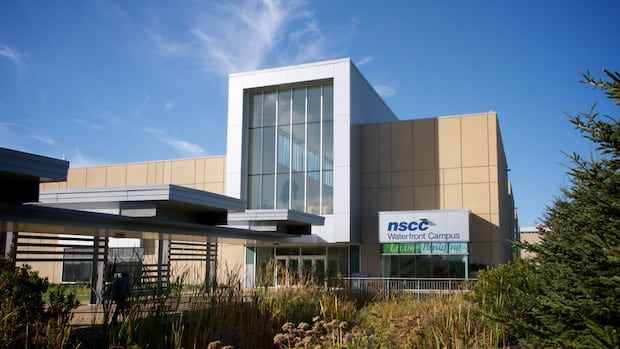Nova Scotia saw rent inflation rate of 7.5 % in July
Nova Scotians saw rent go up by an average of 7.5 per cent in July compared to last year, one of the highest rates of increase in the country, according to new consumer price index data from Statistics Canada.
Rents also rose faster than the overall inflation rate of 3.4 per cent for the province.
The rising costs of renting an apartment are a struggle for people like Taher Ahmed, who moved from Bangladesh to New Brunswick as an international student, and then to Nova Scotia about a year ago.
Ahmed used to live with roommates in Bedford, N.S., but recently got married and wanted him and his wife to have their own space.
“I was looking for a place to rent out and after four months of searching I was able to find only one place to live,” Ahmed said.
His rent was about $900 per month when he was living with five others, but now he’s paying double that for a one-bedroom studio apartment in the Fairview area of Halifax, not including power or heat.
“There is no choice for me out there to go with other places because … the rent is too high,” Ahmed said, adding that the $1,800 per month he’s currently paying is too much for him.
To cover his other expenses, Ahmed works a second job as an Uber driver in addition to a nine-to-five IT job. He said that’s affecting his personal life.
“Although my wife, she’s here, but I cannot give … enough time to her,” Ahmed said.
Public, non-profit housing are potential solutions
Nova Scotia’s booming population growth from inter-provincial and international migration is bidding up rental rates, said Dalhousie University economics professor Lars Osberg.
“Greater in-migration is a good thing from many points of view, but it does strain our capacity because we have cities that were built for a lower population,” he said.
Osberg said higher interest rates are also making it more expensive to build apartments and create supply. He said building public housing is one solution that governments could use.
“Public housing was intended as a solution to two problems: the availability of housing and the affordability of housing,” Osberg said.
In April, the Nova Scotia government said it was not planning to build new public housing, but would instead upgrade existing buildings. The province is also making unused land available to developers and non-profits for housing projects.
Ren Thomas, who co-chaired the Nova Scotia Affordable Housing Commission, said governments have begun to realize that building up the non-profit housing sector is another potential solution to address affordability.
She said the private sector has a vested interest in profiting from the housing they build.
“Both the federal government and here in Nova Scotia, our provincial government have created funds to help grow [the non-profit] sector,” she said.
On his Uber drives, Ahmed said he’s met other people like him who are struggling.
He said he wants government and community to come up with affordability solutions, especially for rental housing, so that people don’t have to live “a life every single day having stress on their minds.”



